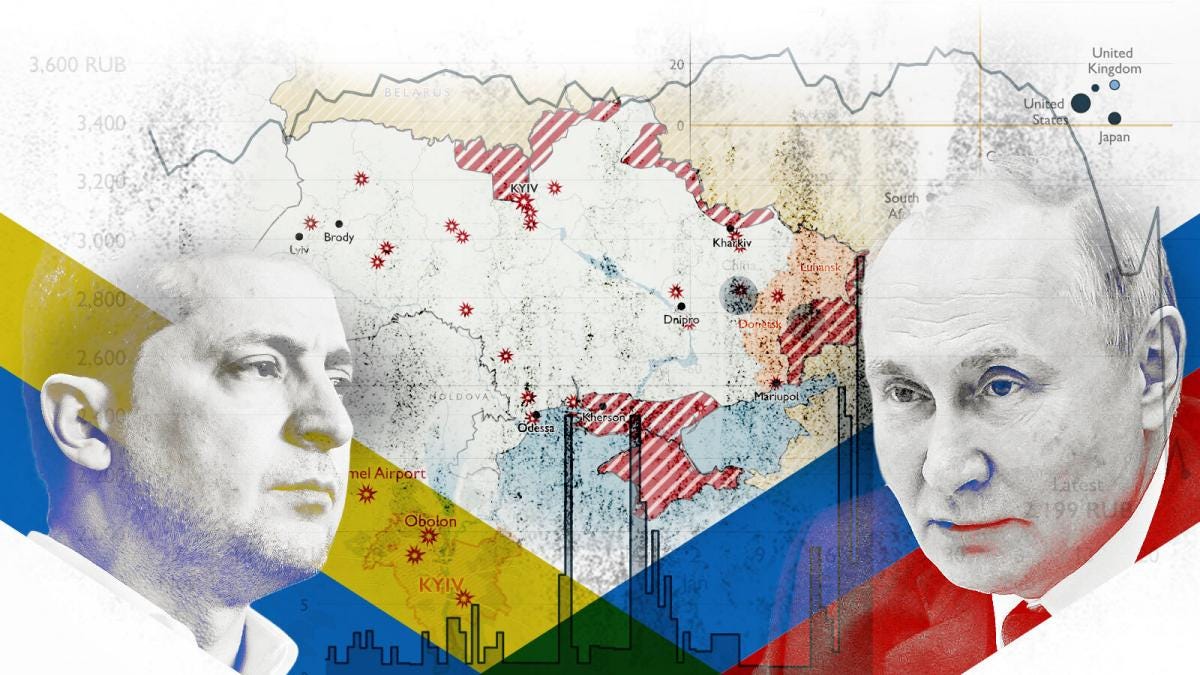What the Internet Changes in a War Like the One Between Ukraine and Russia.
This brings advantages in terms of information but requires the ability to step back and not be trapped.
I am writing these few lines as we are on the 12th day of the war between Ukraine and Russia. What jumps out at me since the beginning of this war is the role played by the Internet.
First of all, in terms of information. Previously, it was enough to neutralize television, radio, and telecom centers to have clear informational supremacy. The decentralize…
Keep reading with a 7-day free trial
Subscribe to Sylvain Saurel’s Newsletter to keep reading this post and get 7 days of free access to the full post archives.




